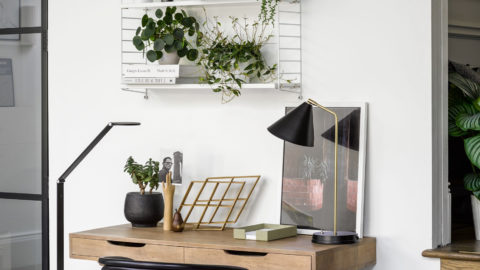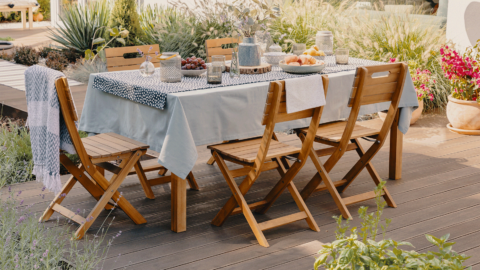10 ways to save on renovating your home

Building work can be expensive, but if you’re canny you can keep costs down, says Katherine Sorrell
- Use trade suppliers: they’re much cheaper than their high-street equivalents. Open an account with your local builders merchant, or else try specialists such as Screwfix or Plumbase. Do your research beforehand, wear appropriate clothing and act confident. If you need to ask advice, though, do – these guys are the specialists and will probably be only too happy to help.
- Borrow rather than buy expensive tools that you’re unlikely to use very often. Ask friends or try a local hire shop. Before you start, though, make sure you know exactly how to use the tool safely.
- Do as much work as you can yourself, and ask friends and family to help. You may be able to improve your DIY skills by studying a good manual, taking an evening class or even attending a specialist course. Only tackle jobs you can manage safely, however. Complex or tricky jobs should be left to the professionals, as should anything that involves electricity, gas or working at a height.
- Try to design fitted furniture such as shelves or cupboards with the dimensions of standard materials in mind. This will allow you to either buy off the shelf or will save on cutting-waste, and therefore cost you less.
- Grab the best bargains in sales and clearances, and at factory outlets, seconds shops and discount warehouses. This may mean planning your decorating around a one-off sale, or waiting until you have acquired just the right discounted item, but your patience will pay off.
- Something for nothing? Some people swear by the fine art of ‘skip dipping’. If you’re going to try this, never trespass, and ask the owner’s permission first. Much easier, though, is to sign up to an internet-based network such as Freecycle, which connects people who are giving things away with people who will happily take them off their hands.
- How about second-hand? You never know what you might find if you scour the right places, from auctions and junk shops to salvage yards. The golden rule is to be prepared – if you’re out and about, write out a list of relevant dimensions and keep it, together with a mini tape measure. If you do buy second-hand radiators, taps or electrical items, have them fitted by someone who’s qualified to check that they’re totally safe and functioning correctly.
- Buy wallpaper and fabric from ends-of-line and discount suppliers. And avoid paying extra for special colours from expensive paint companies – have your chosen colour mixed for you, in whatever finish you require. Johnstone’s and Dulux both offer this service.
- Use decorating tricks to save money. If you can’t afford carpet, for example, either sand your floorboards or paint them, and add a simple rug for a clean, contemporary look. Instead of bespoke curtains, choose Roman or roller blinds, which use much less fabric and are correspondingly a great deal cheaper. Can’t afford to have the glass in an overlooked window beautifully etched? Then buy some stick-on window film, which is easy to use and inexpensive.
- Think laterally. You can completely transform a bathroom by changing the taps, loo seat, bath panel, window treatment and shower curtain. In a kitchen, consider replacing either the cupboard doors and drawer fronts, or carefully repainting them.






